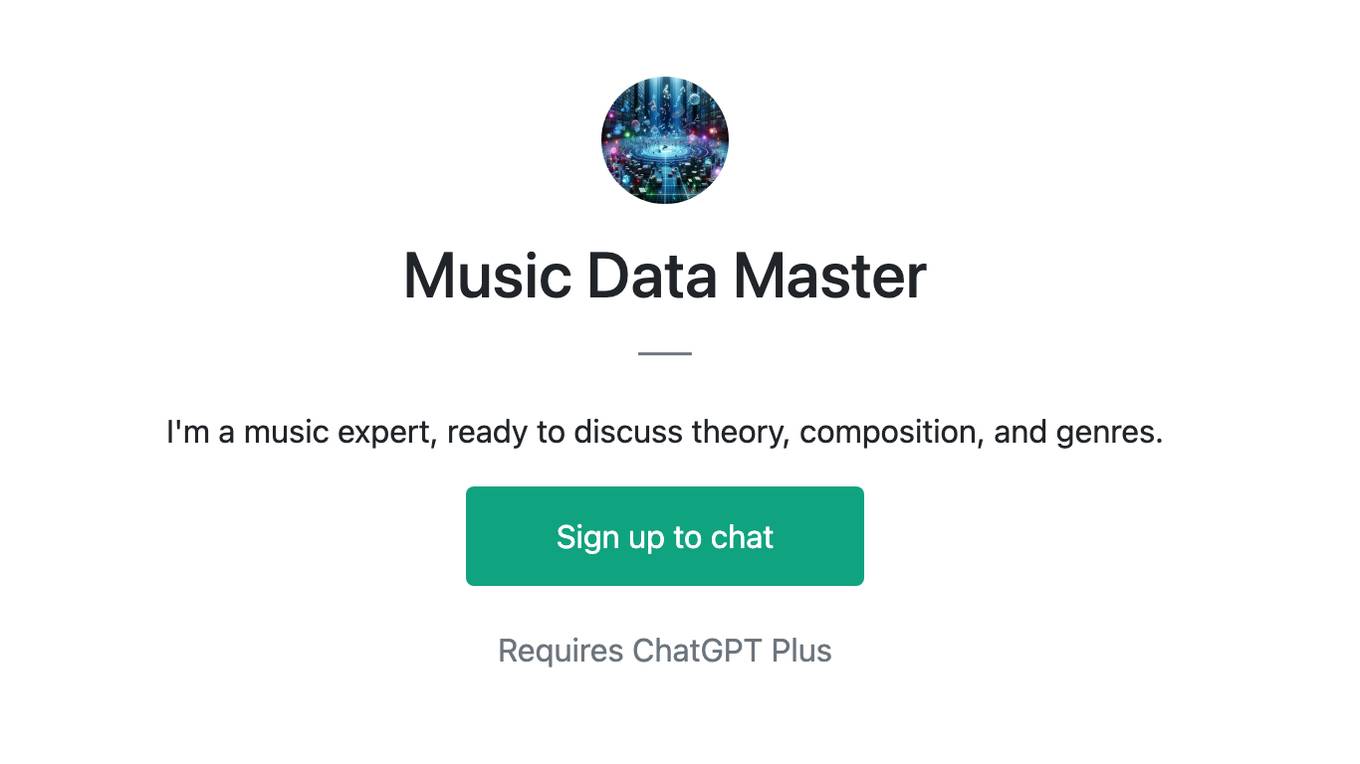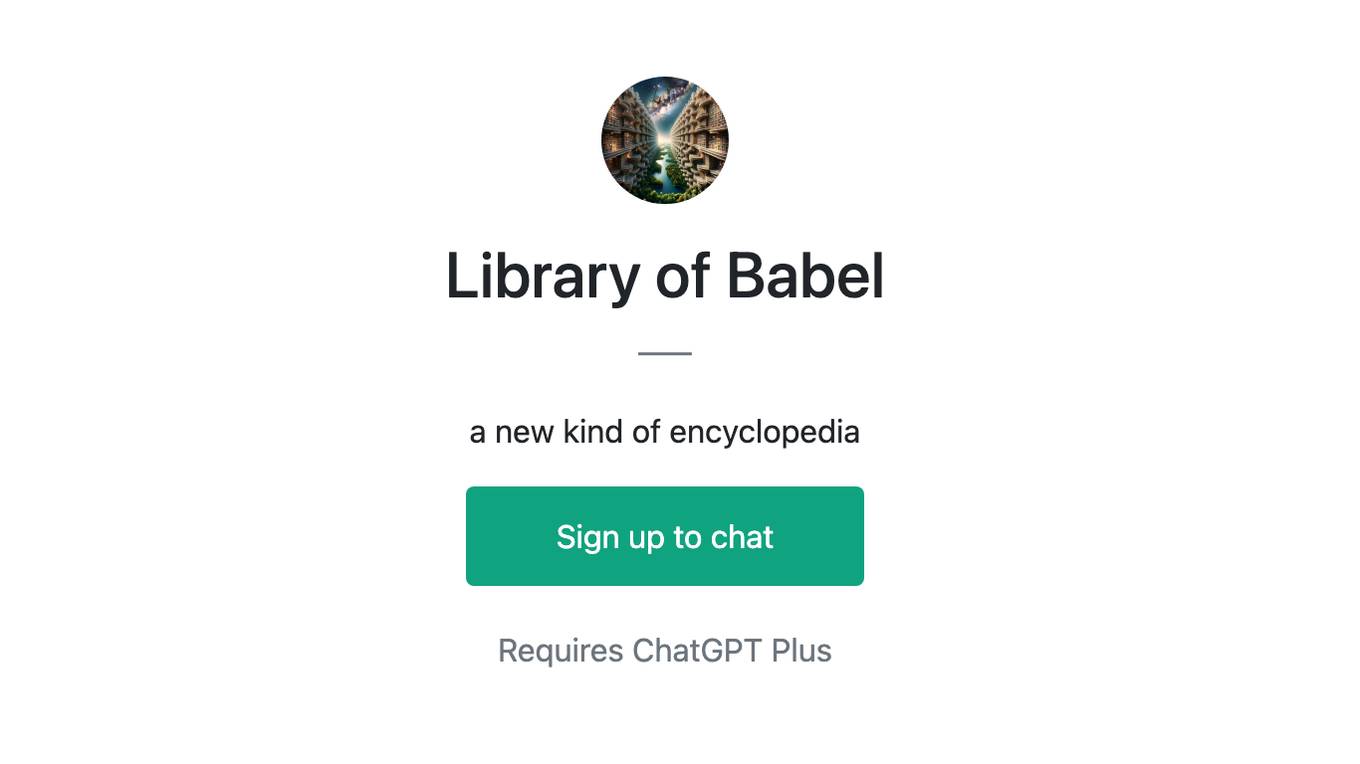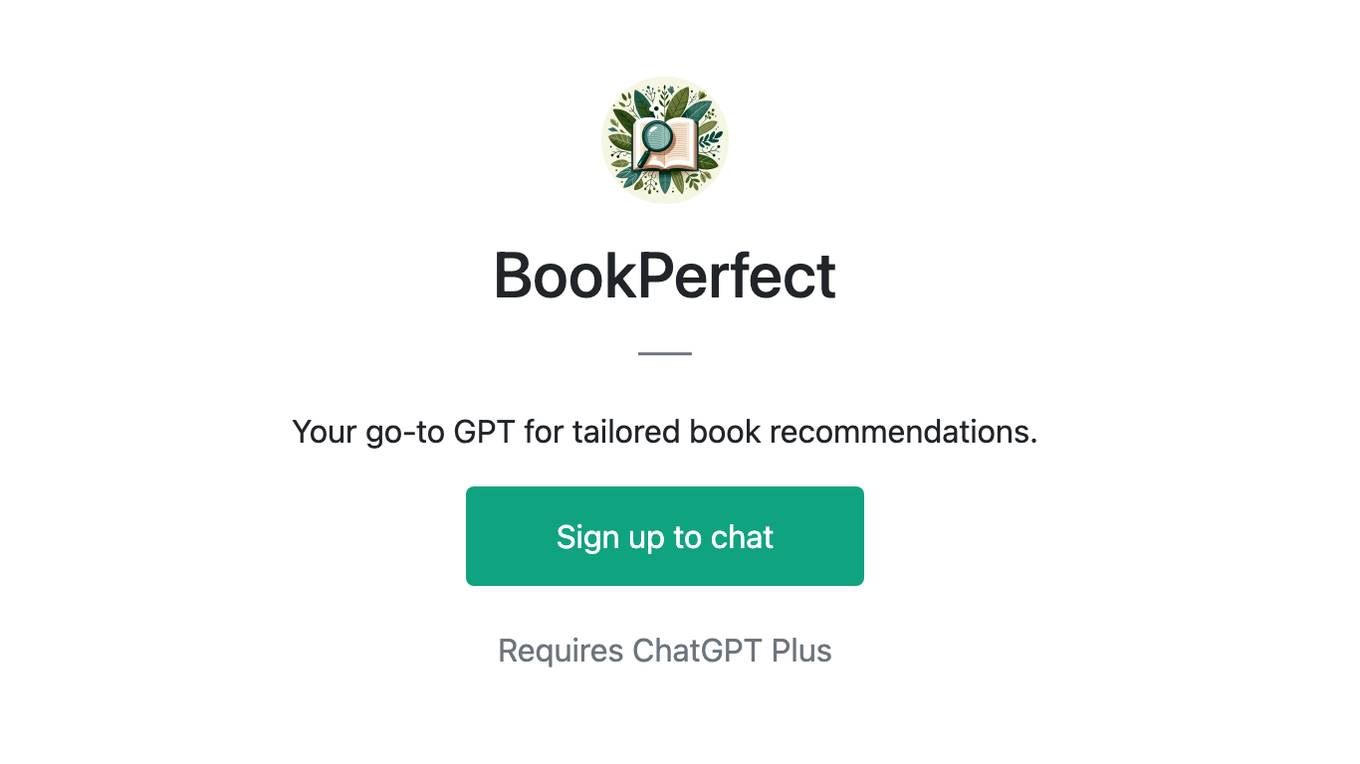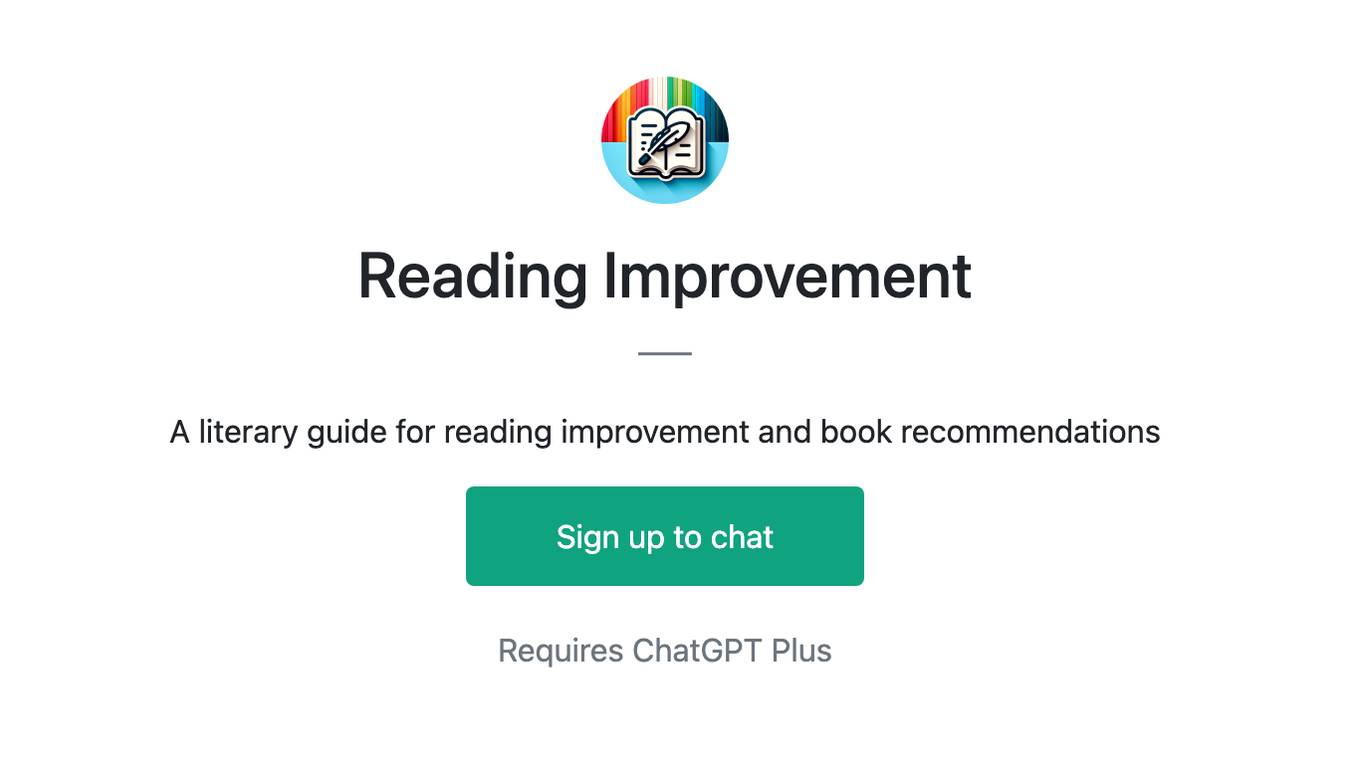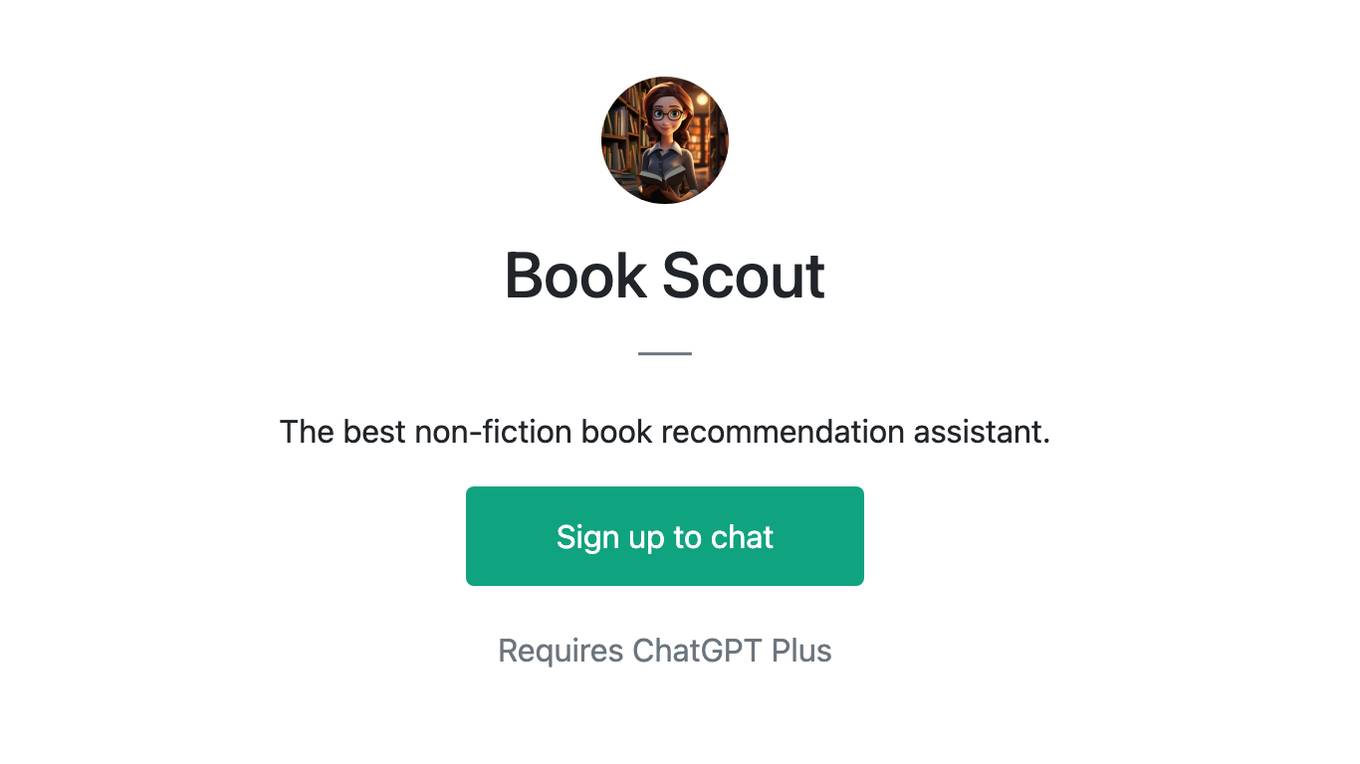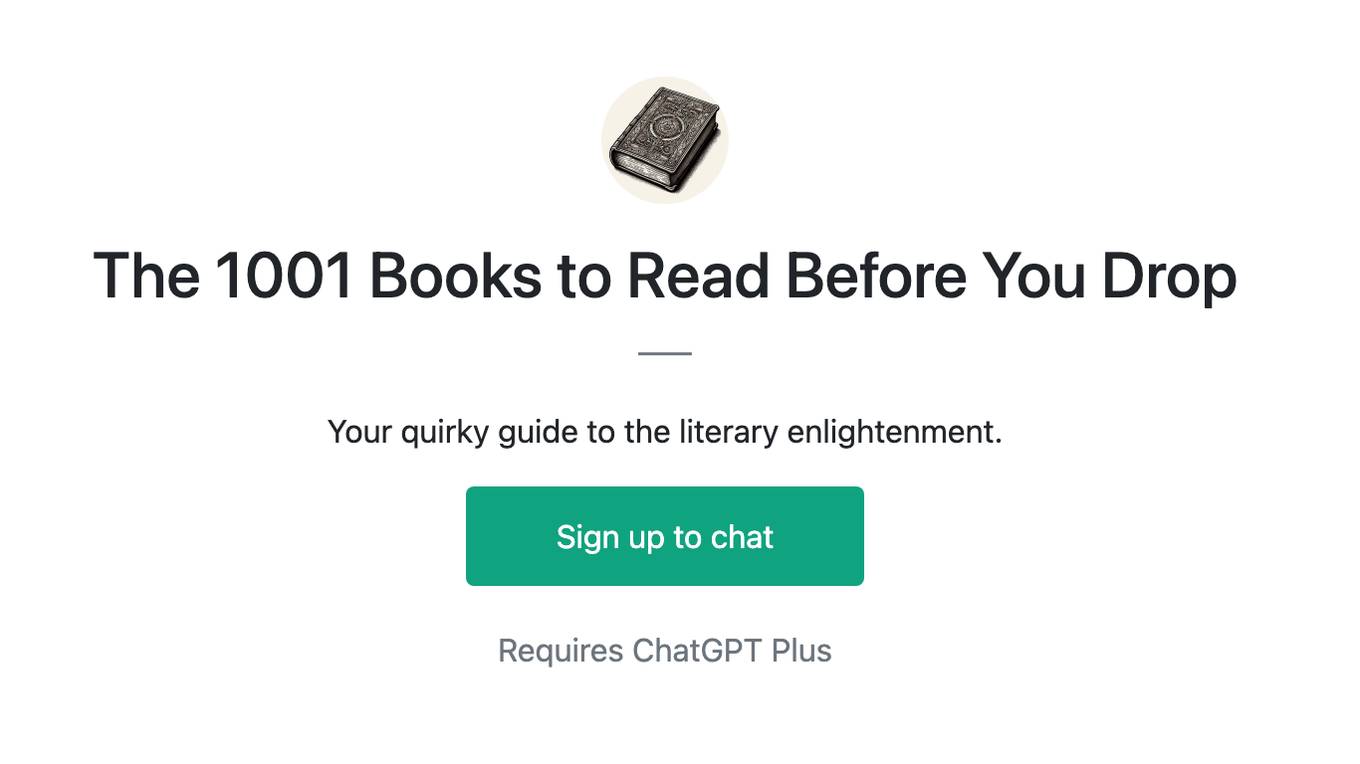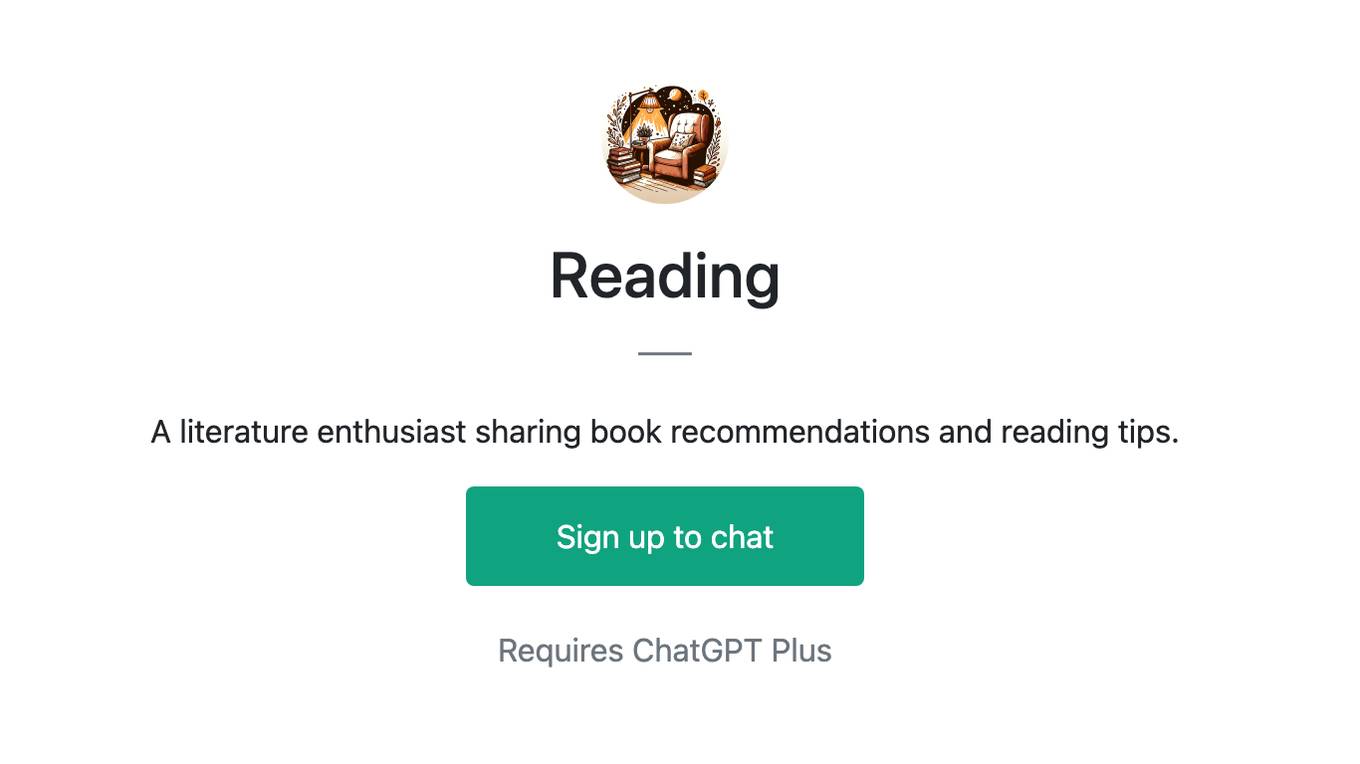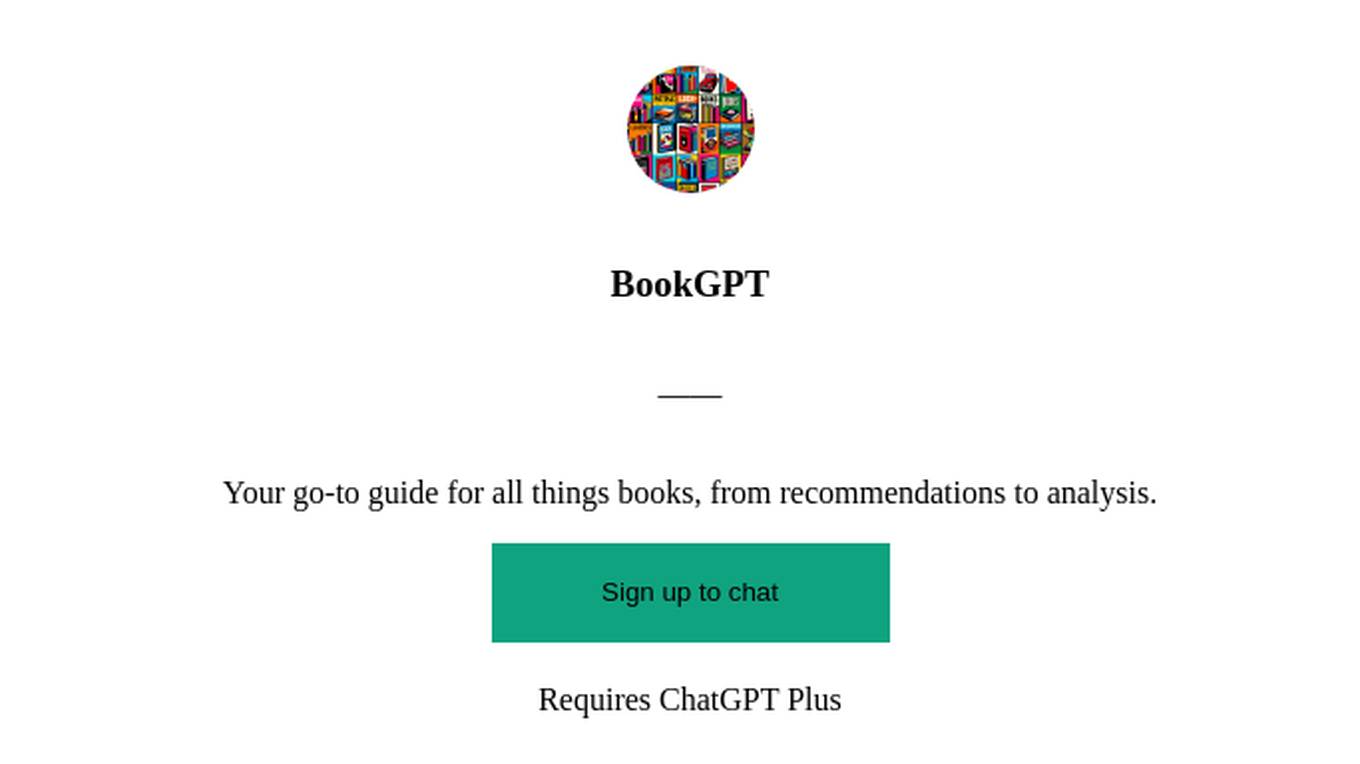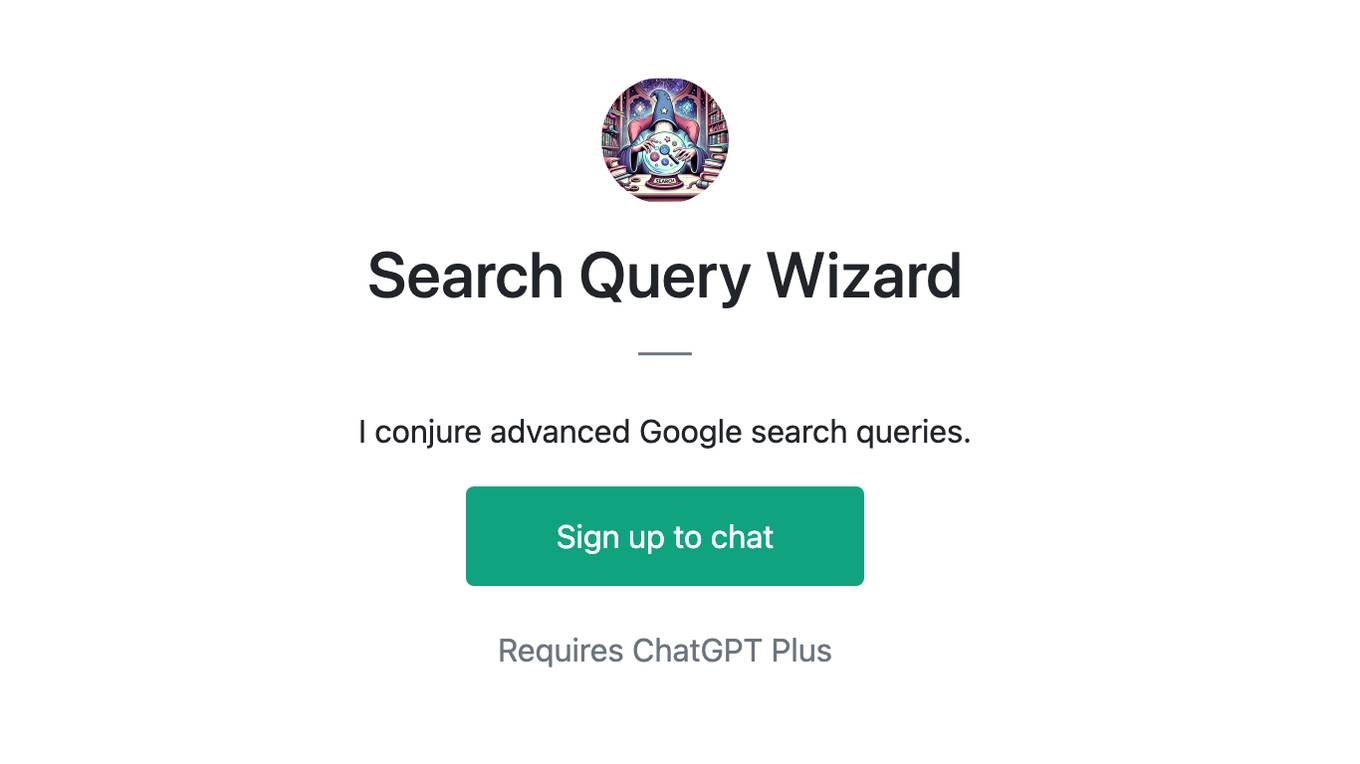Best AI tools for< Find New Libraries >
20 - AI tool Sites
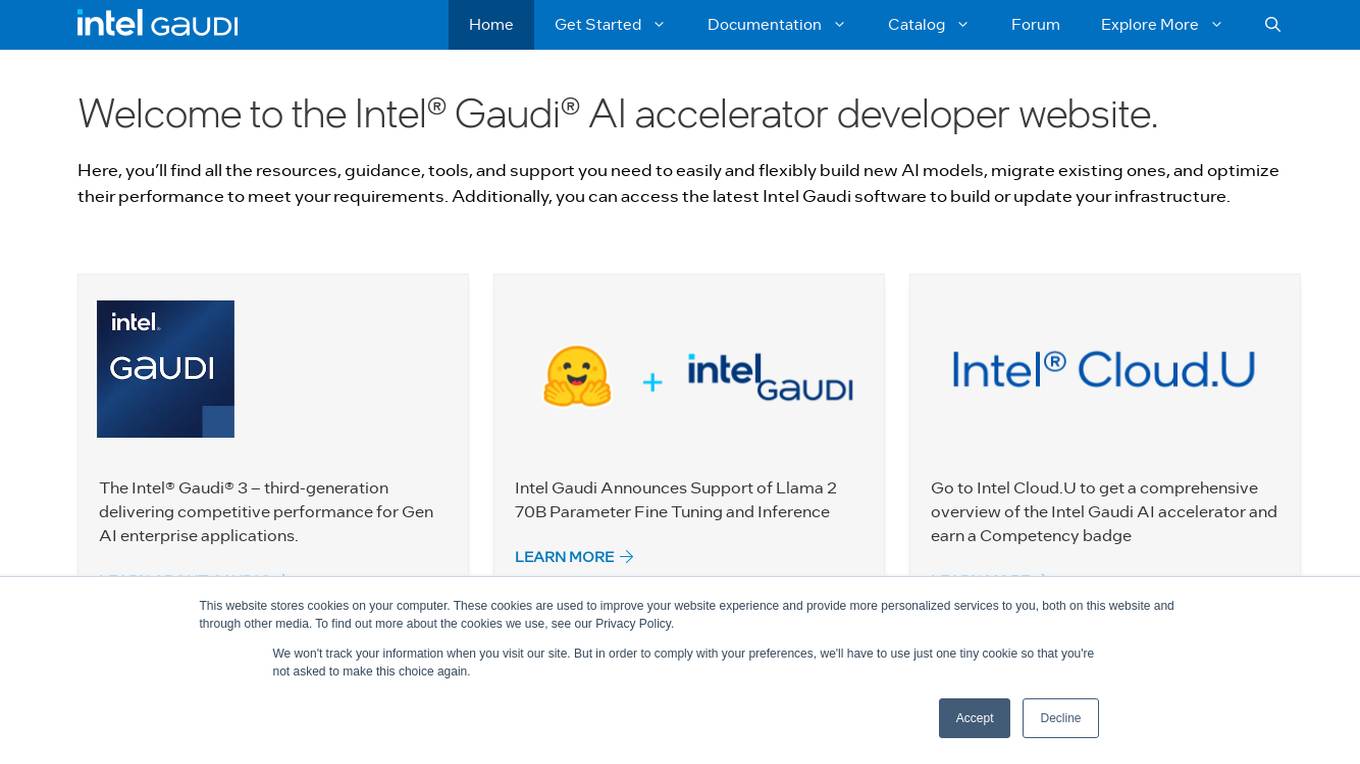
Intel Gaudi AI Accelerator Developer
The Intel Gaudi AI accelerator developer website provides resources, guidance, tools, and support for building, migrating, and optimizing AI models. It offers software, model references, libraries, containers, and tools for training and deploying Generative AI and Large Language Models. The site focuses on the Intel Gaudi accelerators, including tutorials, documentation, and support for developers to enhance AI model performance.
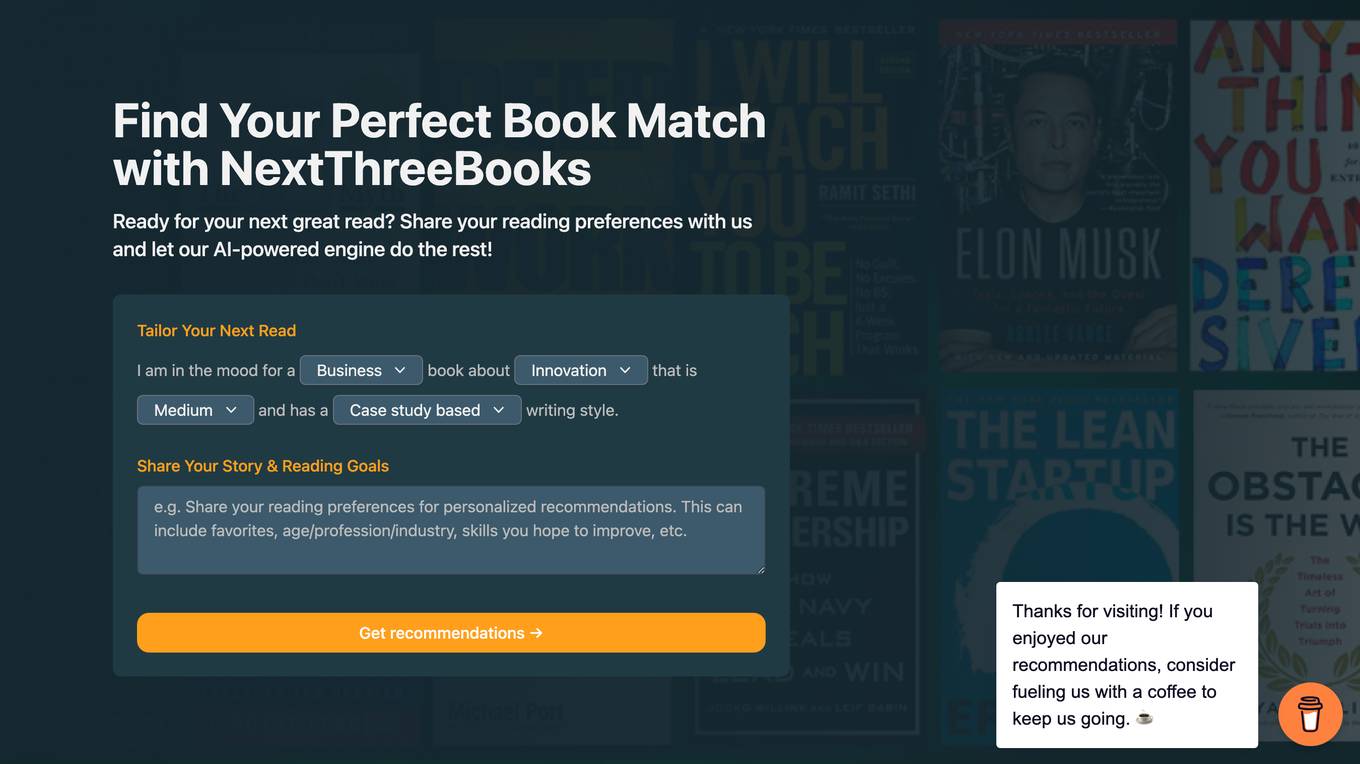
NextThreeBooks.com
NextThreeBooks.com is an AI-powered book recommendation service that provides personalized suggestions based on your reading preferences. Share your preferences, tell us about yourself, and receive three carefully curated book suggestions with detailed explanations. We use GPT-3 to provide personalized book suggestions tailored to your reading preferences. Find your next favorite read with ease!

BooksAI
BooksAI is an AI-powered tool that provides book summaries, recommendations, and more. With over 40 million book summaries available, BooksAI makes it easy to discover new books and learn about your favorites. BooksAI's summaries are concise and easy to understand, making them perfect for busy professionals, students, and anyone who wants to learn more about the world's greatest books.

The StoryGraph
The StoryGraph is a book tracking and recommendation app that uses machine learning to help users find books they'll enjoy. It offers a variety of features, including personalized recommendations, mood-based browsing, and social features like book clubs and reading buddies. The StoryGraph is a great tool for anyone who loves to read and wants to discover new books.
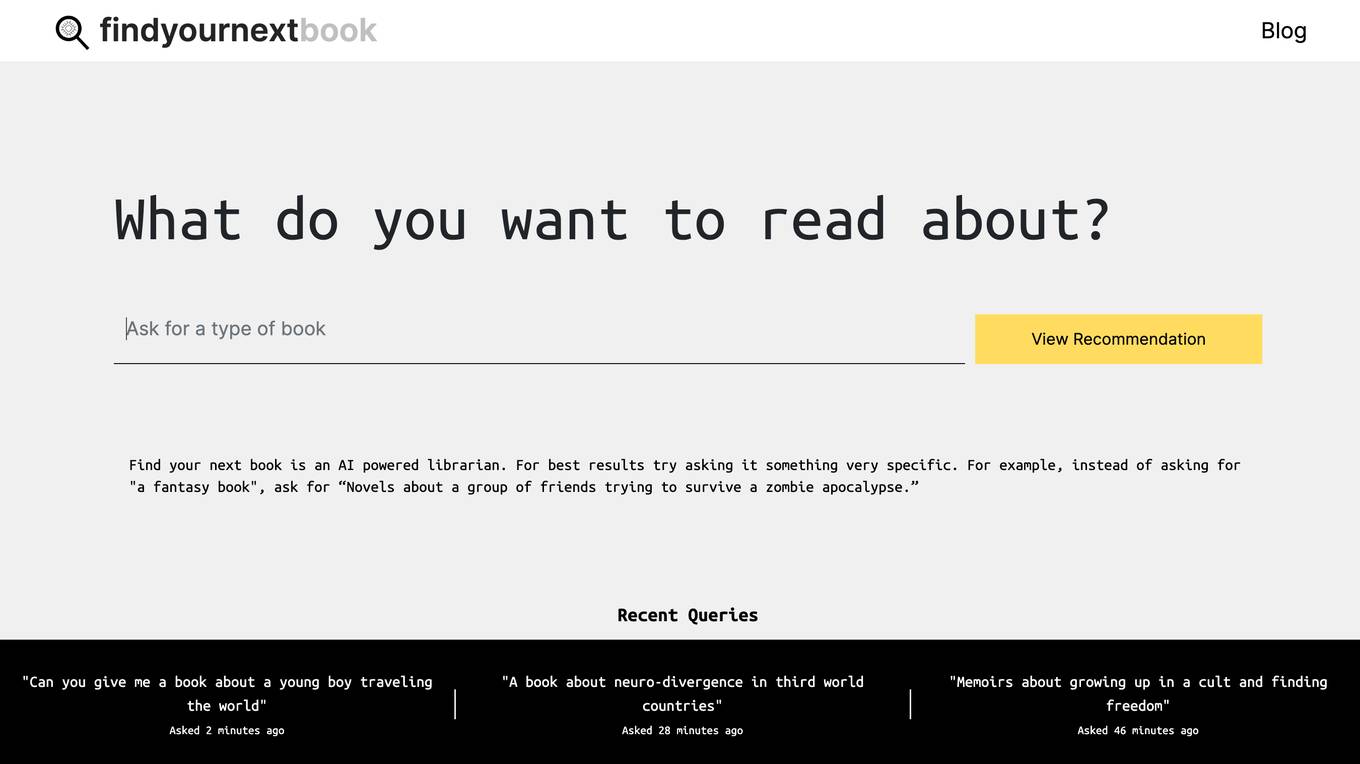
Find your next book
Find your next book is an AI-powered librarian that provides personalized book recommendations based on your preferences. It uses advanced algorithms to analyze your reading history, interests, and other factors to suggest books that you're likely to enjoy. The platform offers a wide range of genres and authors to choose from, making it easy to find your next favorite read.
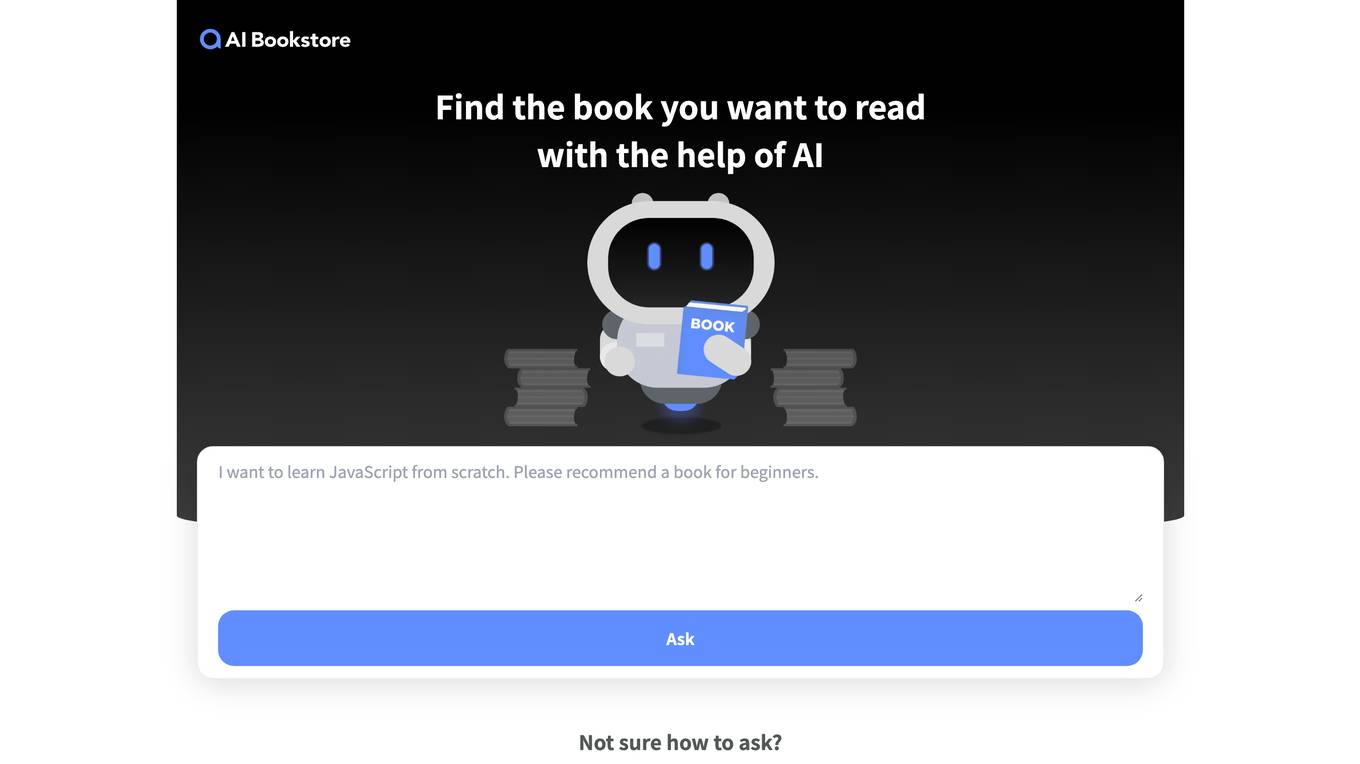
AI Bookstore
AI Bookstore is a website that uses AI to help users find books that they want to read. Users can ask the AI questions about what they are looking for, and the AI will recommend books that match their criteria. The AI can also generate personalized recommendations based on a user's reading history.
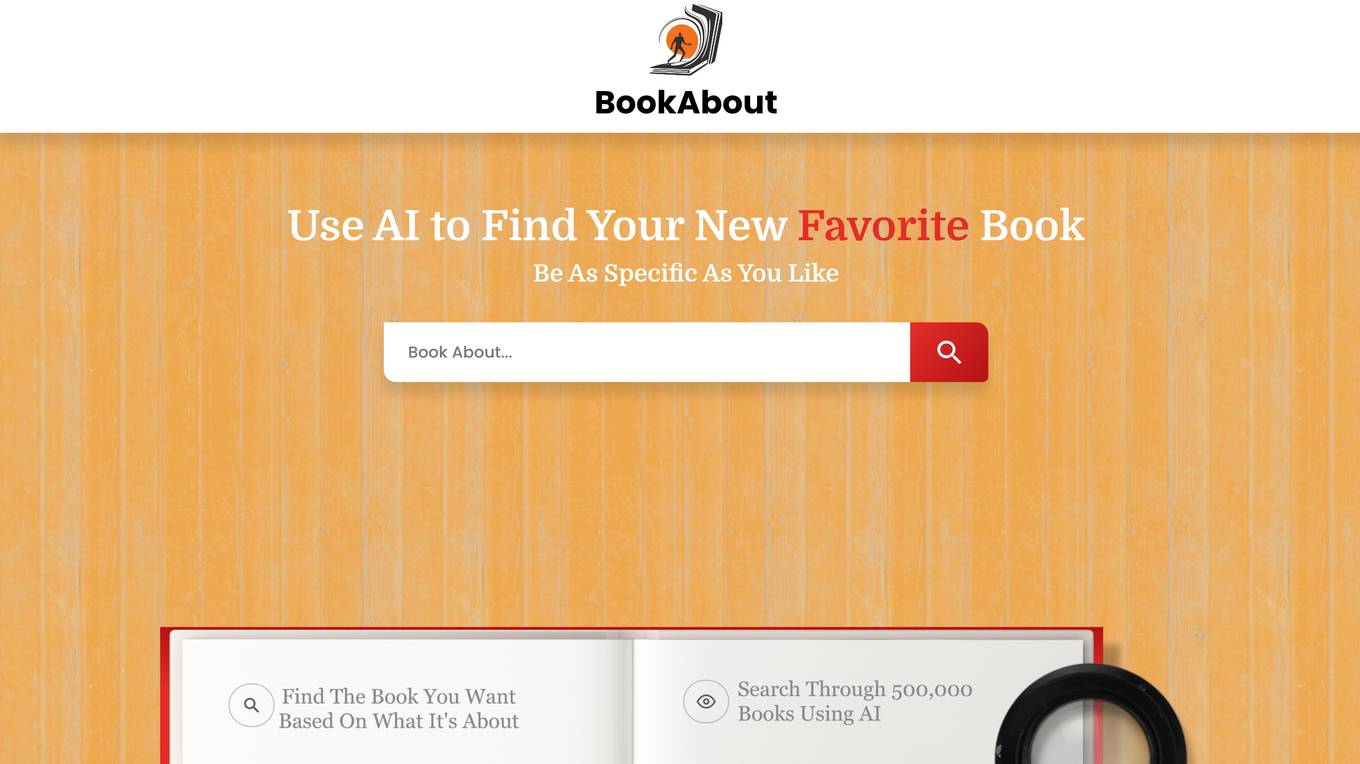
BookAbout
BookAbout is an AI-powered application that helps users discover their next favorite book. By leveraging artificial intelligence technology, BookAbout provides personalized book recommendations based on users' preferences and reading history. Users can be as specific as they like in their search for a new book, ensuring that they find the perfect read every time. As an Amazon Associate, BookAbout may earn a commission from qualifying purchases made through Amazon store links.
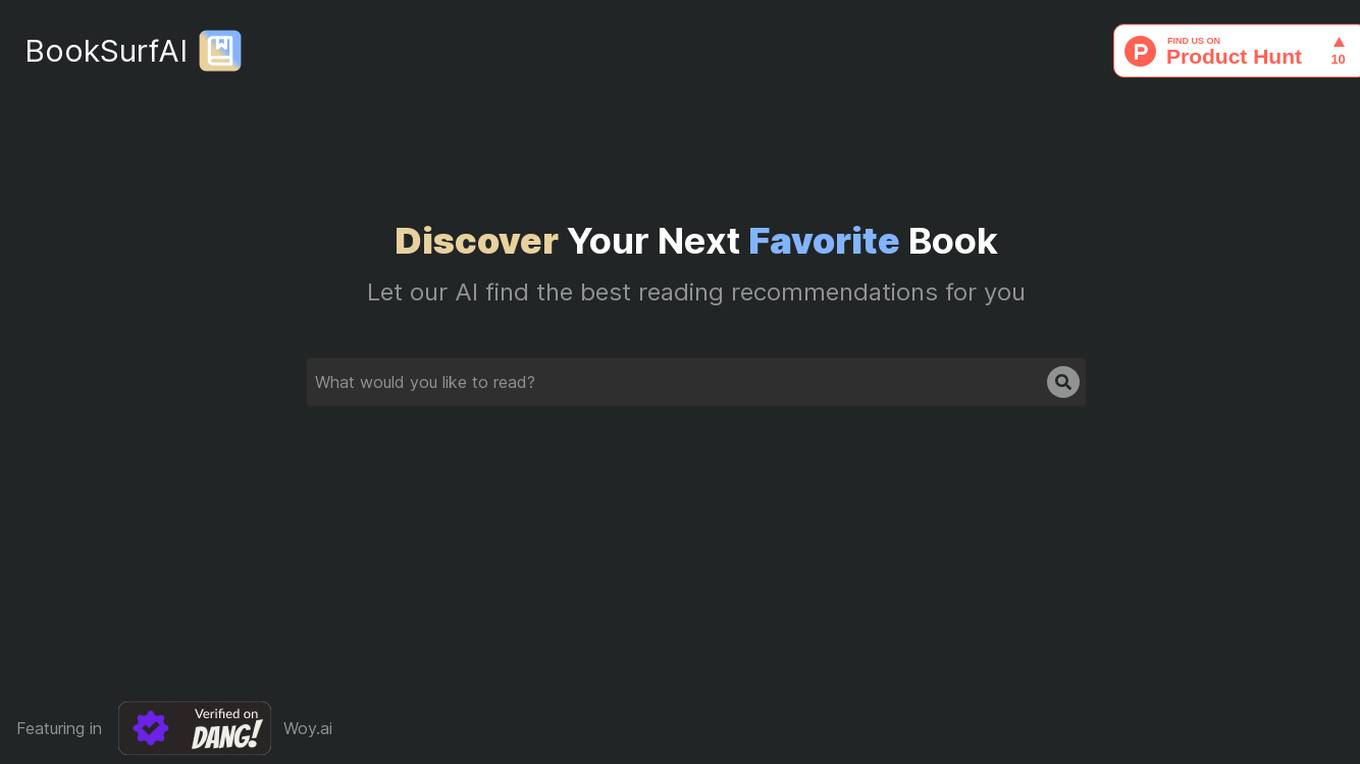
BookSurfAi
BookSurfAi is an AI-powered book recommendation tool that helps users discover their next favorite book. By leveraging artificial intelligence technology, the application provides personalized reading suggestions based on individual preferences and reading habits. BookSurfAi aims to enhance the reading experience by offering tailored recommendations that cater to each user's unique tastes and interests. With a user-friendly interface, BookSurfAi makes it easy for book lovers to explore new literary works and expand their reading horizons.
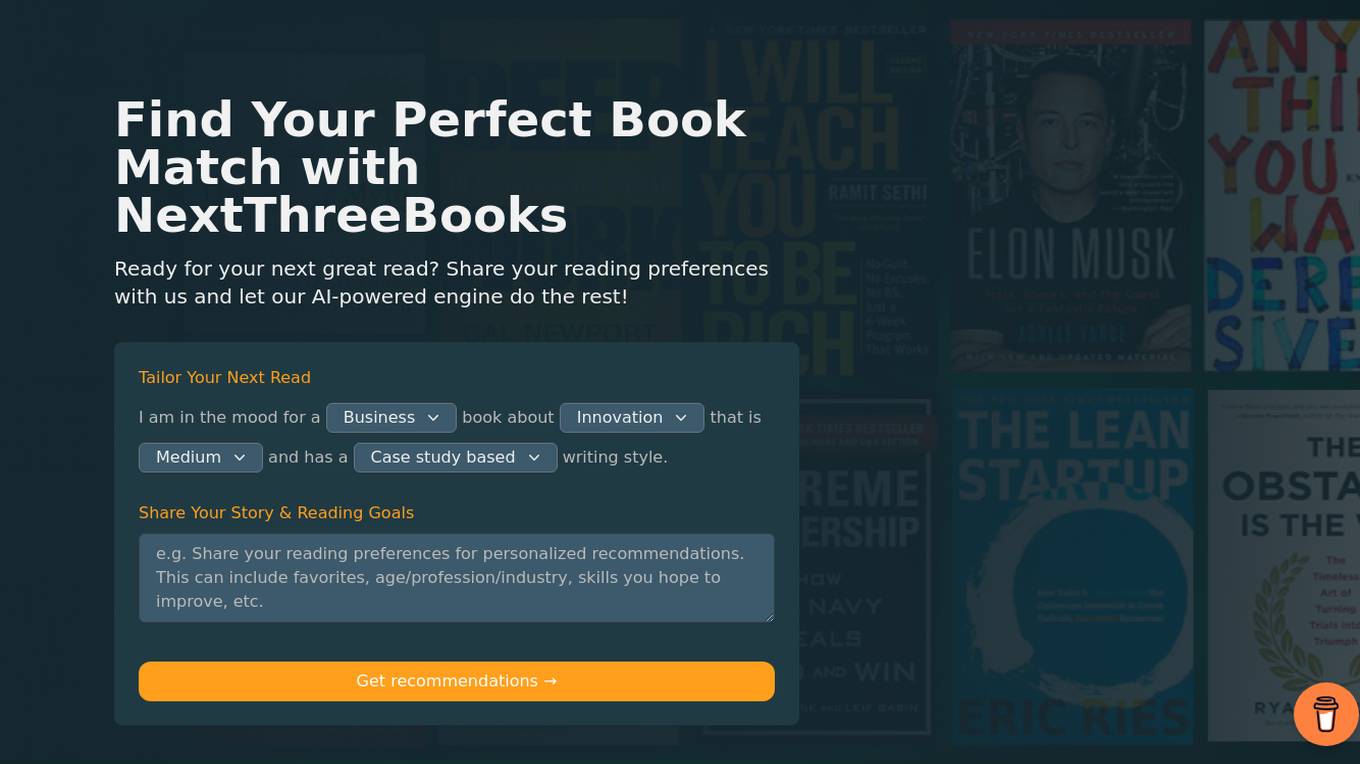
NextThreeBooks
NextThreeBooks.com is an AI-powered book recommendation platform that helps users find their perfect book match based on their reading preferences. Users can share their reading preferences with the AI-powered engine, which then provides personalized book suggestions tailored to their preferences. The platform uses GPT-3 to offer three carefully curated book recommendations with detailed explanations, making it easier for users to discover their next favorite read. NextThreeBooks.com has recommended books to users in over 80 countries and has been featured in various newsletters, building a growing community of readers.

ResearchRabbit
ResearchRabbit is a research tool that helps researchers discover and organize academic papers. It uses artificial intelligence to recommend papers that are relevant to a researcher's interests and to visualize networks of papers and co-authorships. ResearchRabbit also allows researchers to collaborate on collections of papers and to share their findings with others.
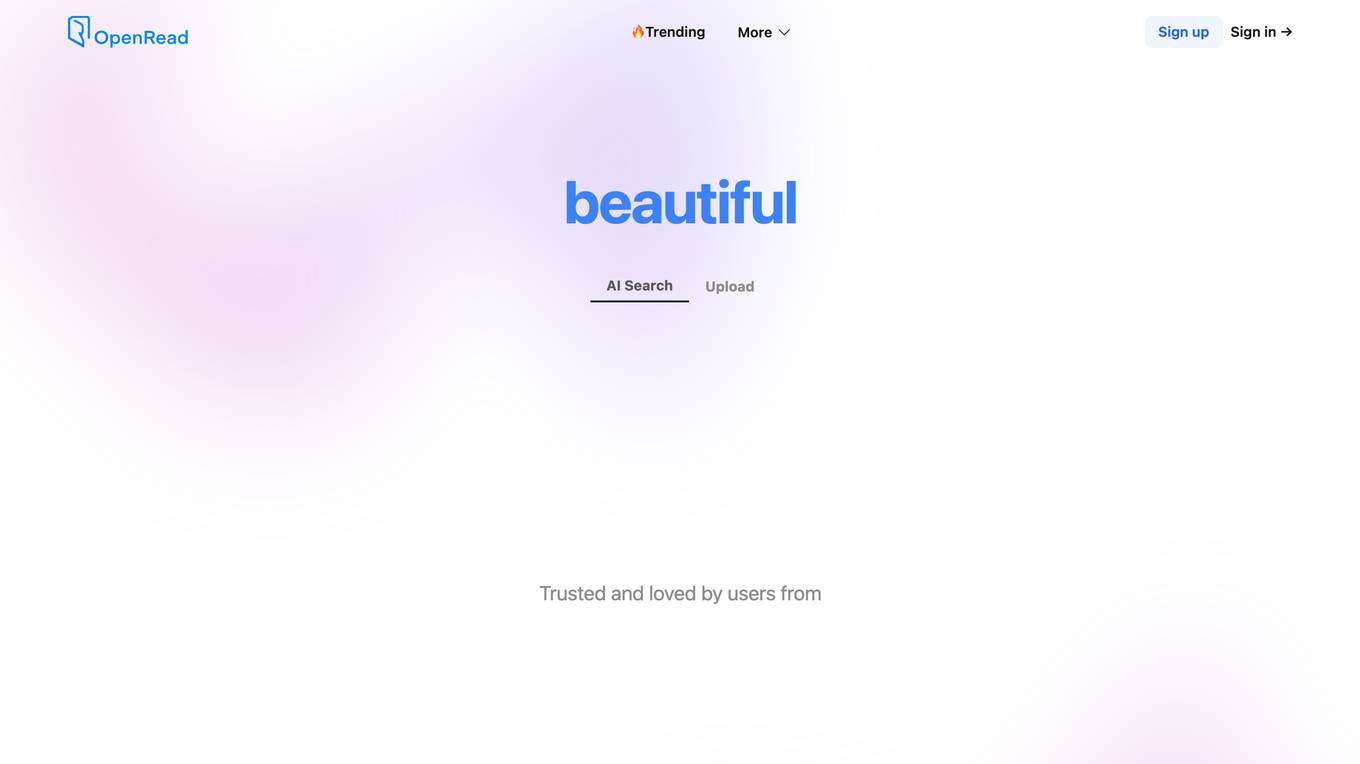
OpenRead
OpenRead is an AI-powered research tool that helps users discover, understand, and organize scientific literature. It offers a variety of features to make research more efficient and effective, including semantic search, AI summarization, and note-taking tools. OpenRead is designed to help researchers of all levels, from students to experienced professionals, save time and improve their research outcomes.
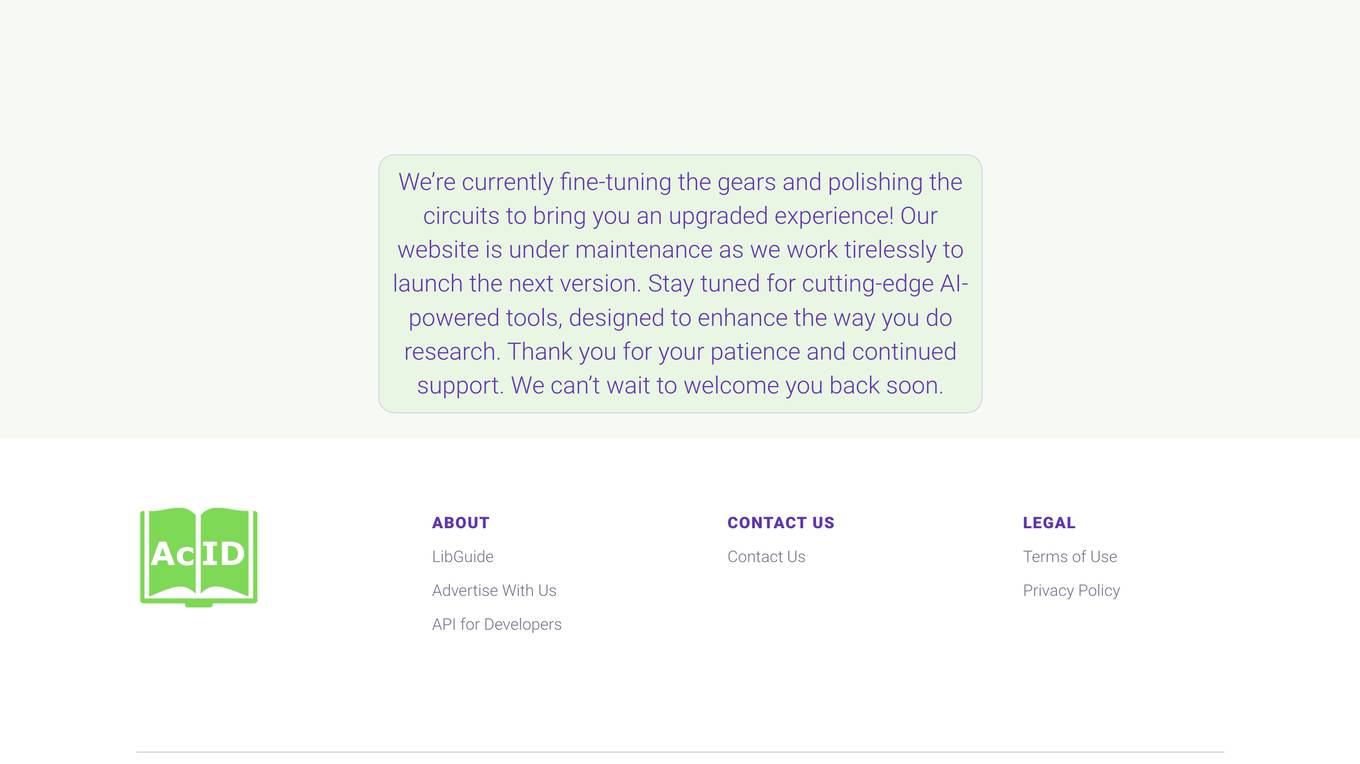
AcademicID
AcademicID is an AI-powered platform that helps students and researchers discover and access academic resources. It provides a comprehensive database of academic papers, journals, and other resources, as well as tools to help users organize and manage their research. AcademicID also offers a variety of features to help users collaborate with others and share their research findings.
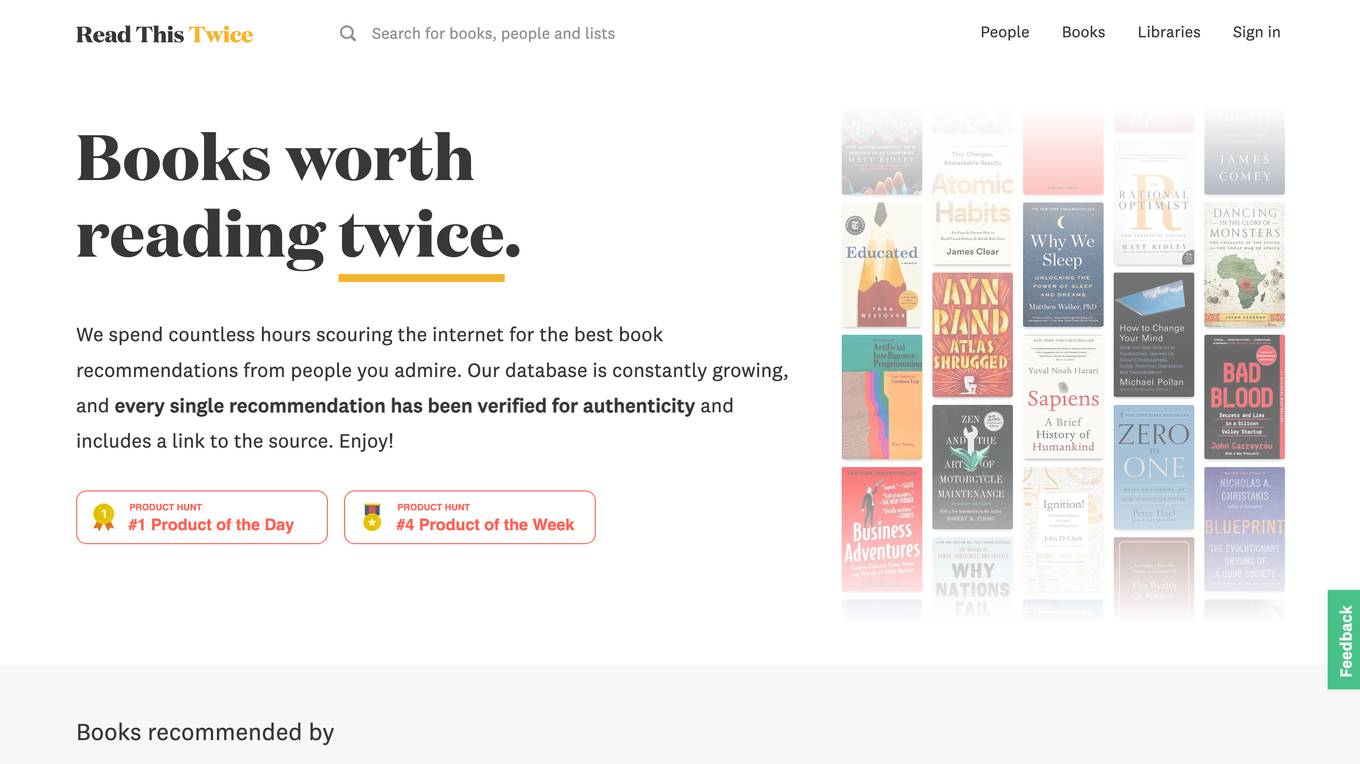
Read This Twice
Read This Twice is a platform dedicated to recommending books worth reading twice. It offers a curated collection of book recommendations from notable figures like Barack Obama, Bill Gates, Oprah Winfrey, and more. The platform ensures the authenticity of each recommendation and provides links to the original sources. Users can explore various reading lists, discover new books, and receive personalized recommendations through an AI-driven assistant named 'Sona.'
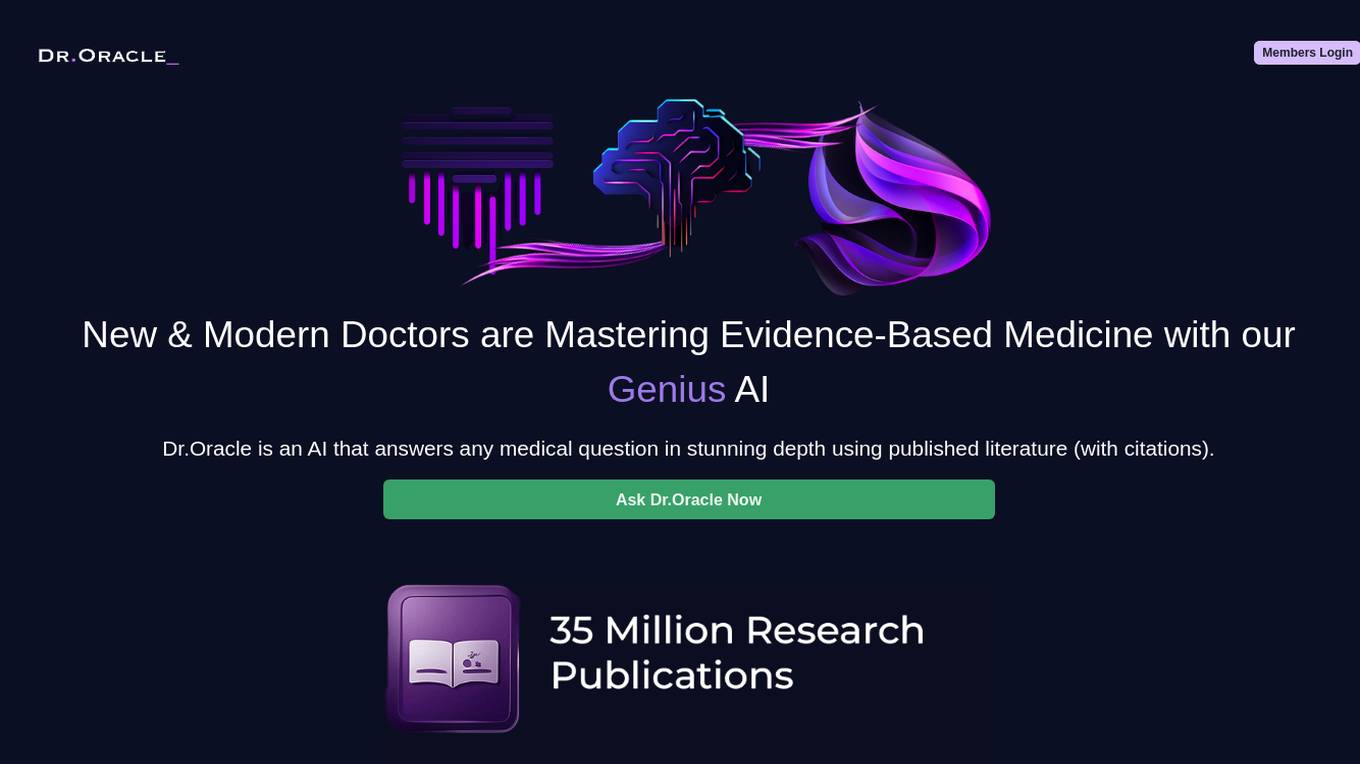
Dr.Oracle
Dr.Oracle is a personal AI research assistant that helps you find and understand the latest research in your field. With Dr.Oracle, you can search for research papers, track your favorite authors, and get personalized recommendations for new research. Dr.Oracle is the perfect tool for students, researchers, and anyone who wants to stay up-to-date on the latest research in their field.

Find New AI
Find New AI is a comprehensive platform offering a variety of AI tools and efficiency solutions for different purposes such as SEO, content creation, marketing, link building, image manipulation, and more. The website provides reviews, tutorials, and guides on utilizing AI software effectively to enhance productivity and creativity in various domains.

CustomerPing
CustomerPing is an AI tool designed to help businesses find new customers by monitoring online conversations and sending alerts when potential leads are identified. The tool automates the prospecting process, saving time and effort for entrepreneurs. CustomerPing offers a unique approach to customer discovery, allowing users to engage with relevant discussions and build trust with potential customers. With features like Radar Stations, RSS feeds, and personalized notifications, CustomerPing streamlines the customer acquisition process and empowers businesses to connect with their target audience effectively.
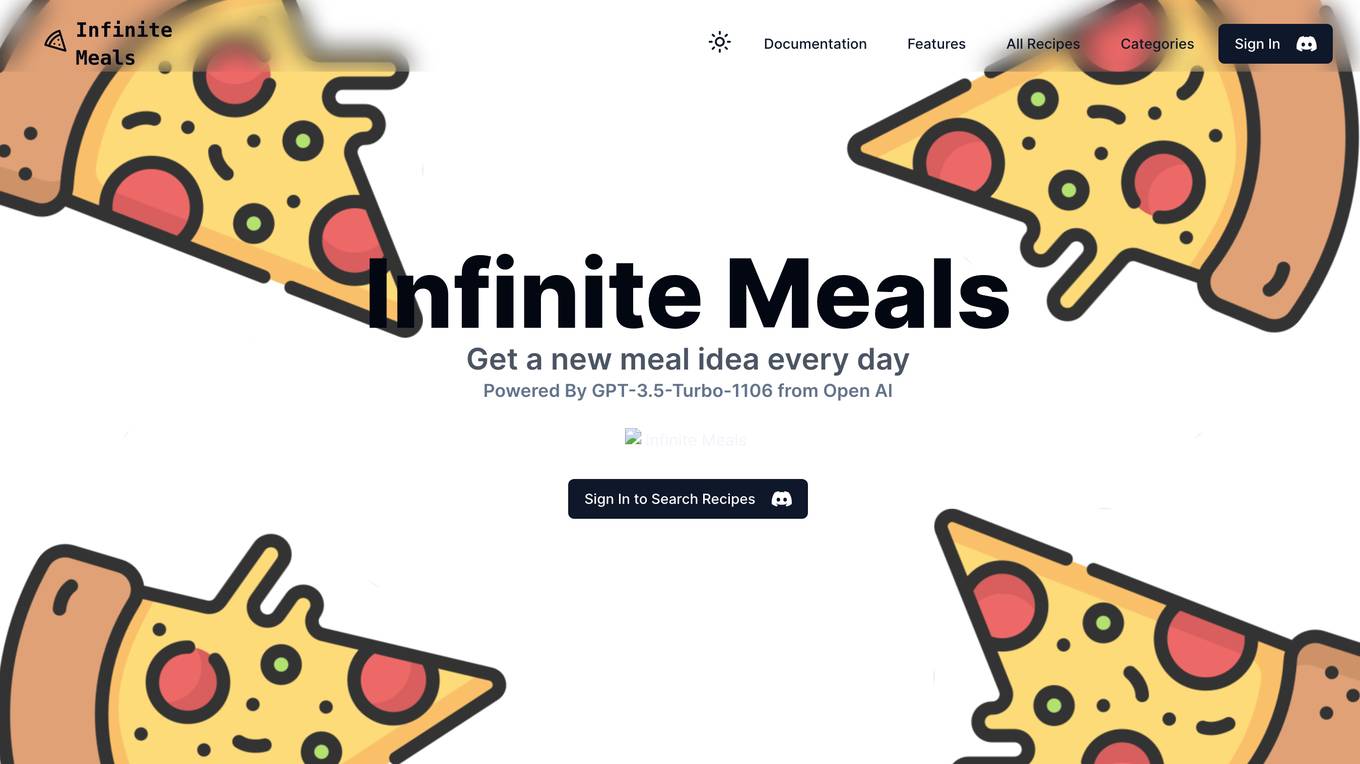
Infinite Meals
Infinite Meals is a web application that provides users with a new meal idea every day. It is powered by GPT-3.5-Turbo-1106 from Open AI. The application is designed to help users find new and exciting recipes to cook. It offers a variety of features, including the ability to search for recipes by category, ingredient, or cuisine. Users can also save their favorite recipes and create meal plans.

Hairstyle AI
Hairstyle AI is an AI-powered application that allows users to virtually try out new hairstyles before getting a real haircut. With over 155,760 hairstyles already created for 1,298 happy customers, Hairstyle AI provides a platform for users to experiment with different haircuts and styles, helping them feel more confident in their appearance. The application offers a range of features such as generating AI hairstyles indistinguishable from real photos, providing a variety of hairstyle options, and ensuring user privacy and security.

Tapult
Tapult is a platform designed to help users build backlinks and partnerships to grow their website traffic. It simplifies the process of acquiring high-quality backlinks, enhancing website authority, and improving search result rankings. With features like identifying partnership opportunities, streamlining link-building, and connecting with relevant partners, Tapult aims to make the link-building process efficient and effective for bloggers, niche website owners, SaaS/app developers, e-commerce merchants, affiliate marketers, and SEO managers.
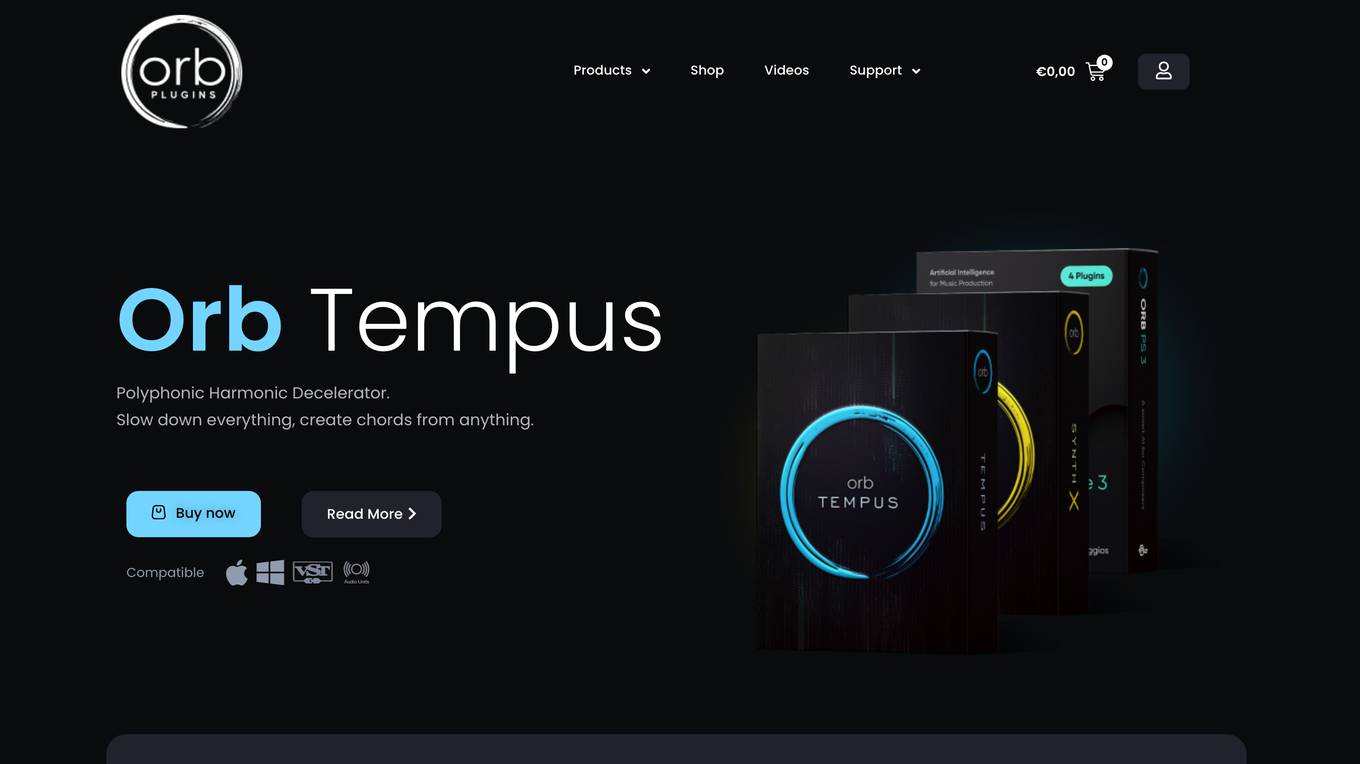
Orb Plugins
Orb Plugins offers a suite of AI-powered music production tools designed for composers, producers, and DJs. Their flagship product, Orb Producer 3, assists users in generating chords, melodies, and rhythms, while Orb Synth X provides a state-of-the-art wavetable synthesizer. Orb Orchestra is tailored for composers, enabling them to experiment with new musical ideas and compose efficiently. The plugins are known for their user-friendly interface, seamless DAW integration, and ability to break creative blocks. Many professionals in the music industry use Orb Plugins to enhance their workflow and explore new sonic possibilities.
1 - Open Source AI Tools
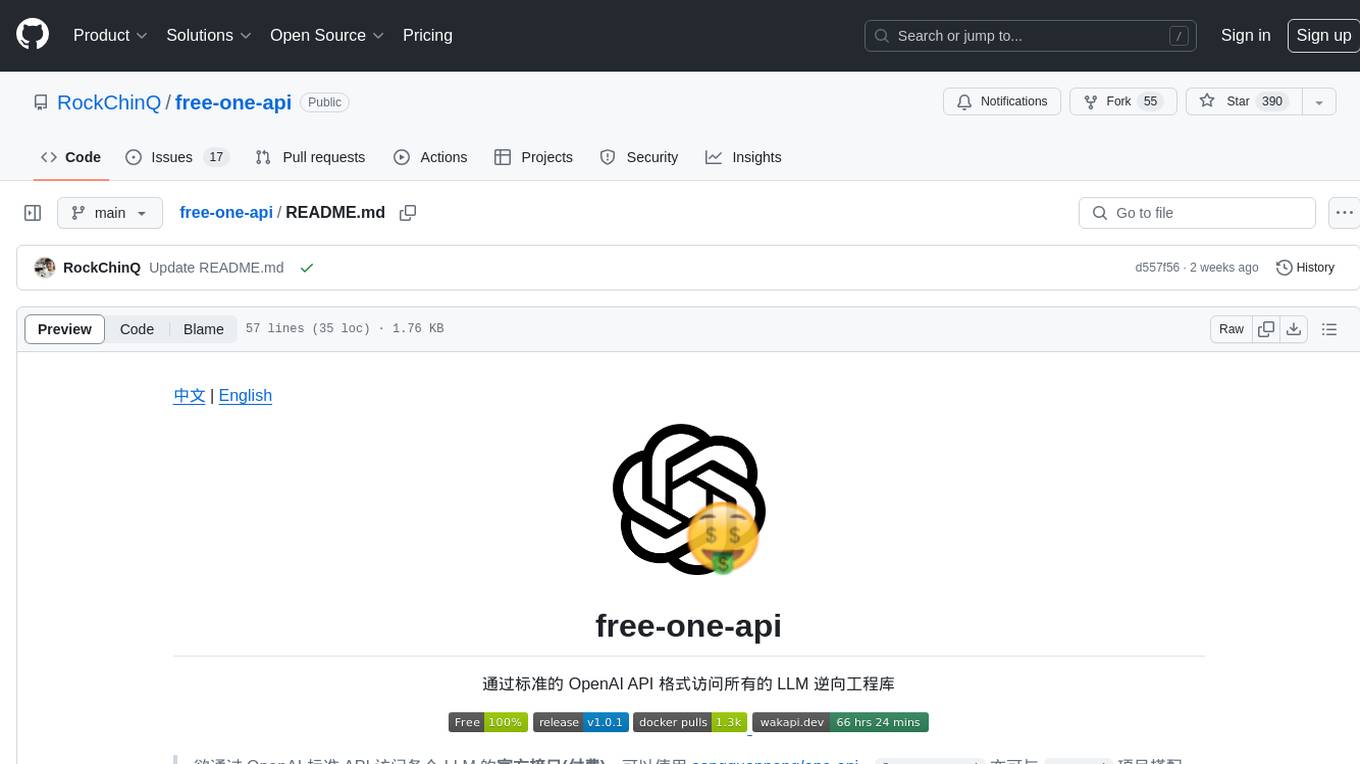
free-one-api
Free-one-api is a tool that allows access to all LLM reverse engineering libraries in a standard OpenAI API format. It supports automatic load balancing, Web UI, stream mode, multiple LLM reverse libraries, heartbeat detection mechanism, automatic disabling of unavailable channels, and runtime log recording. The tool is designed to work with the 'one-api' project and 'songquanpeng/one-api' for accessing official interfaces of various LLMs (paid). Contributors are needed to test adapters, find new reverse engineering libraries, and submit PRs.
20 - OpenAI Gpts
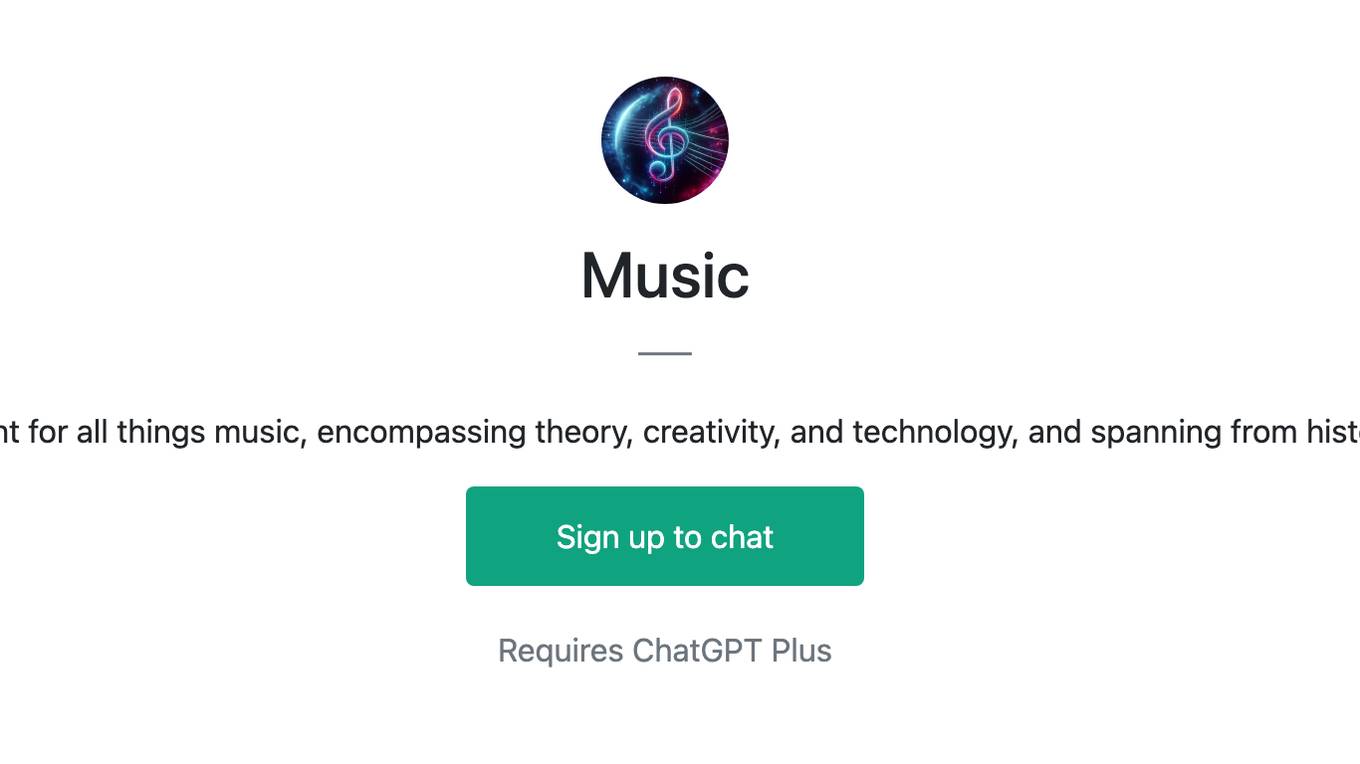
Music
Your go-to assistant for all things music, encompassing theory, creativity, and technology, and spanning from history to the future.
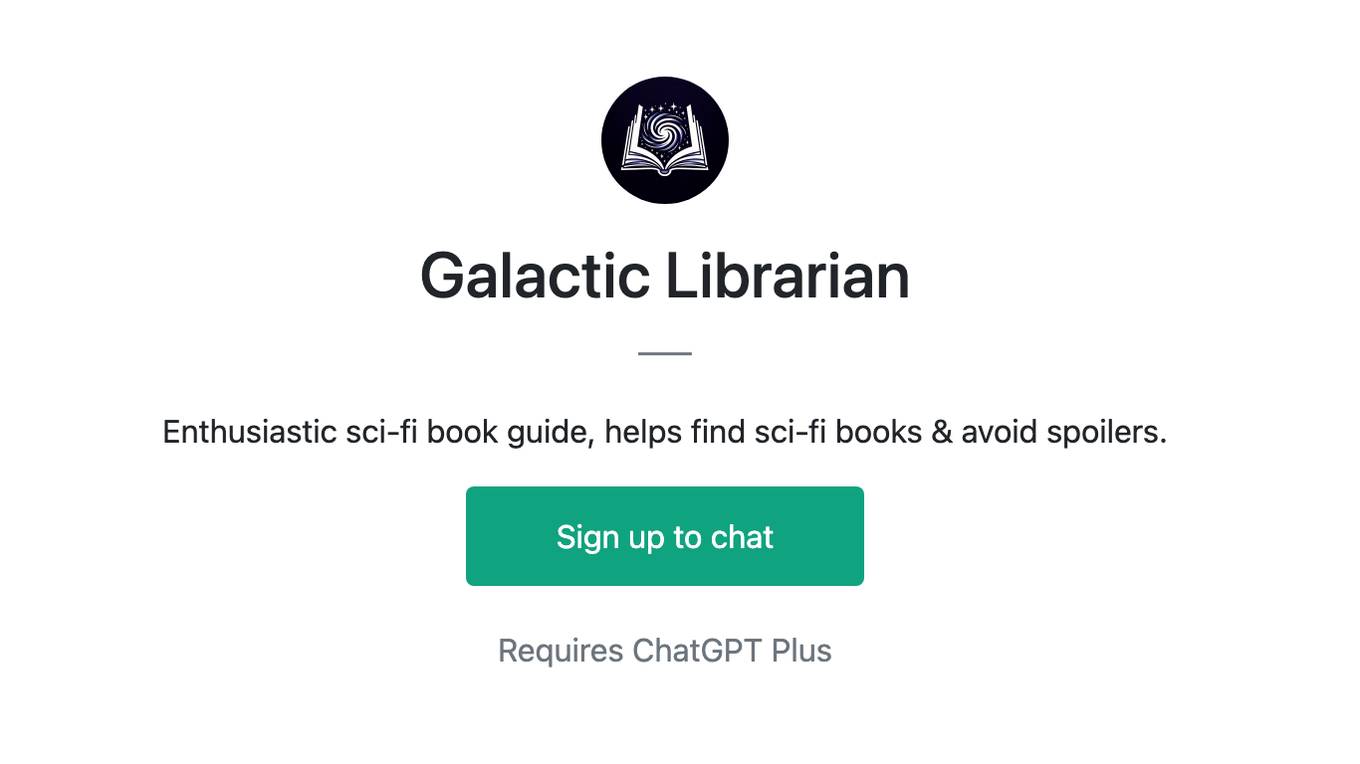
Galactic Librarian
Enthusiastic sci-fi book guide, helps find sci-fi books & avoid spoilers.
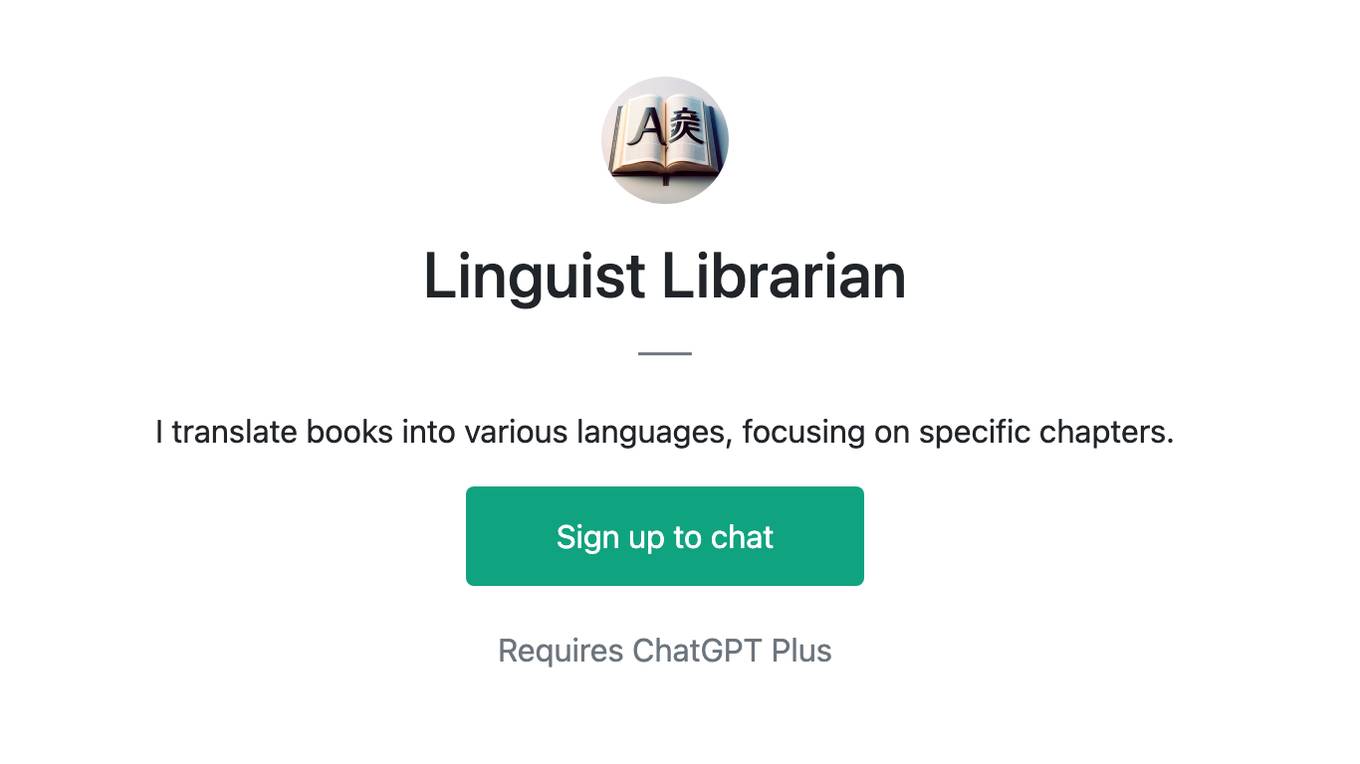
Linguist Librarian
I translate books into various languages, focusing on specific chapters.
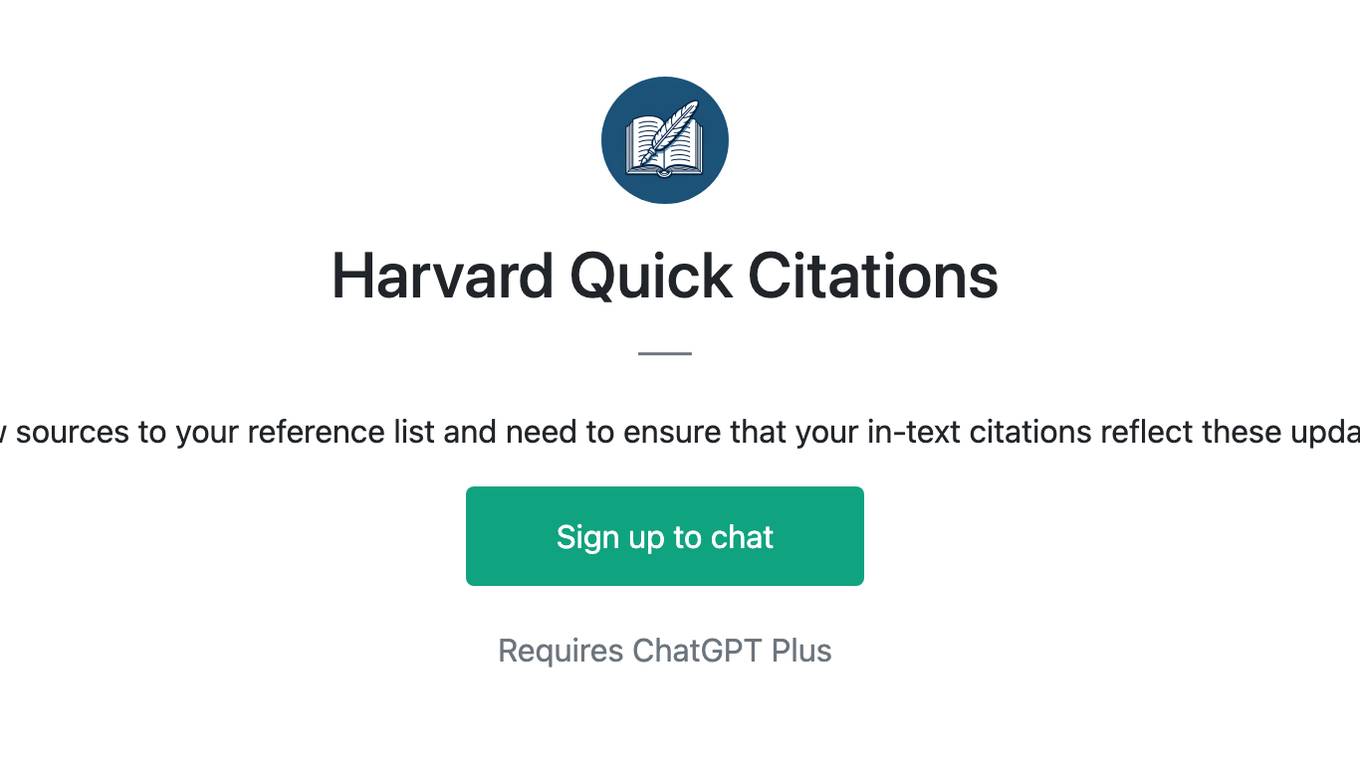
Harvard Quick Citations
This tool is only useful if you have added new sources to your reference list and need to ensure that your in-text citations reflect these updates. Paste your essay below to get started.

Manga Concierge
A manga expert providing personalized recommendations what you want to read now.
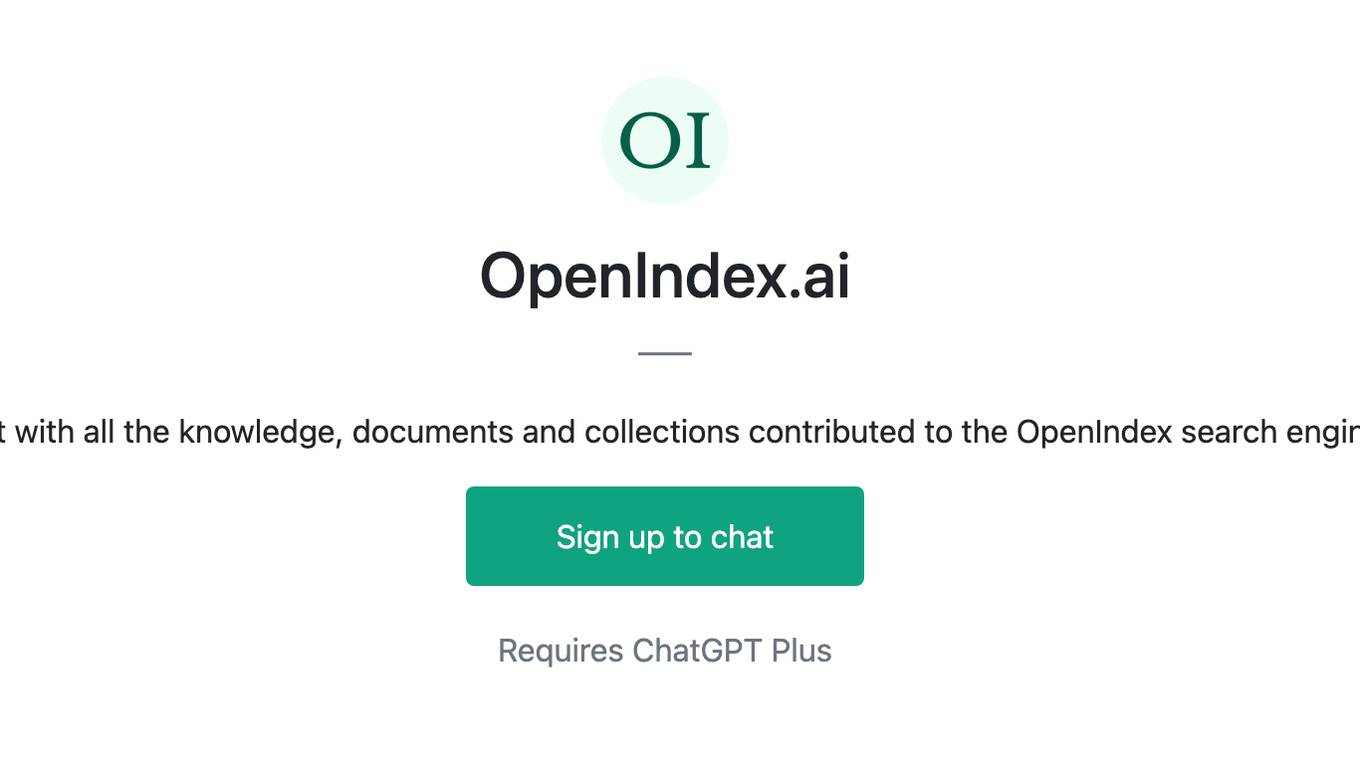
OpenIndex.ai
Chat with all the knowledge, documents and collections contributed to the OpenIndex search engine.
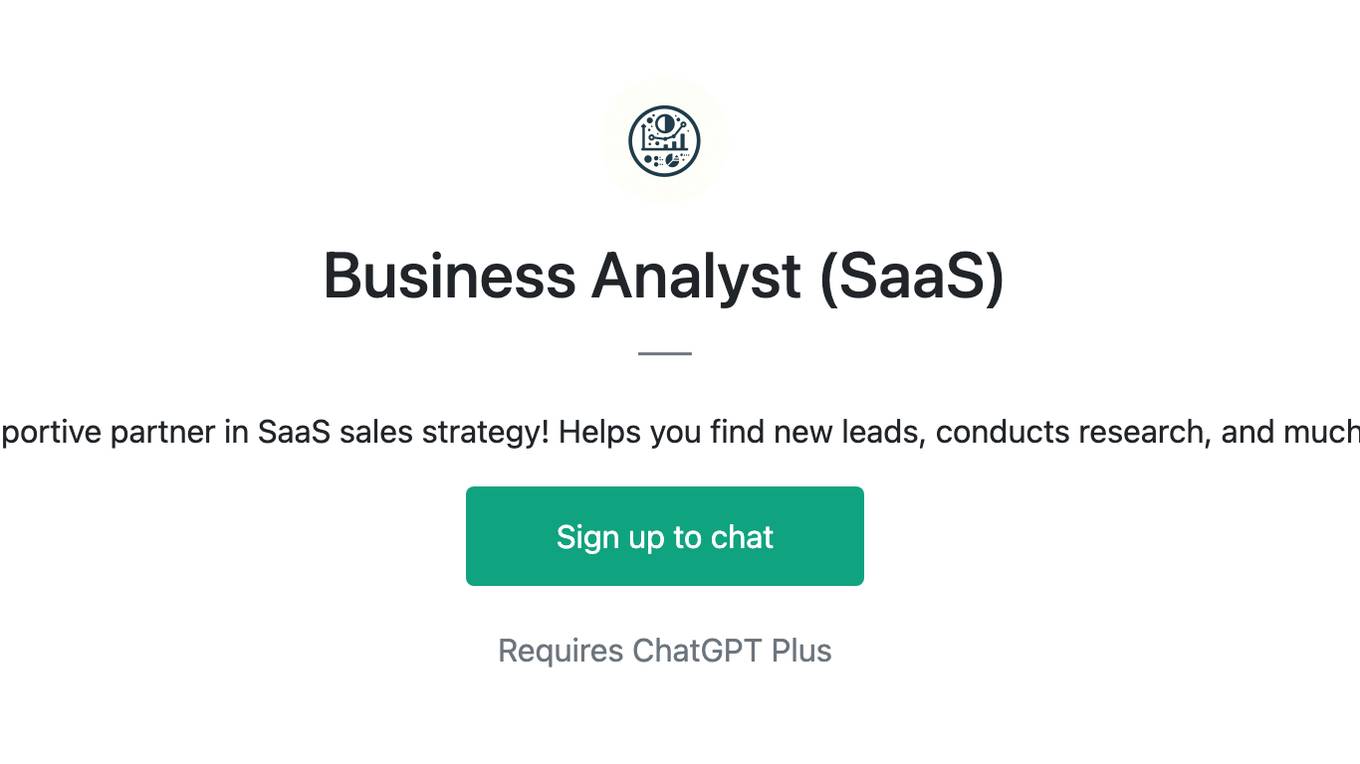
Business Analyst (SaaS)
Your supportive partner in SaaS sales strategy! Helps you find new leads, conducts research, and much more!
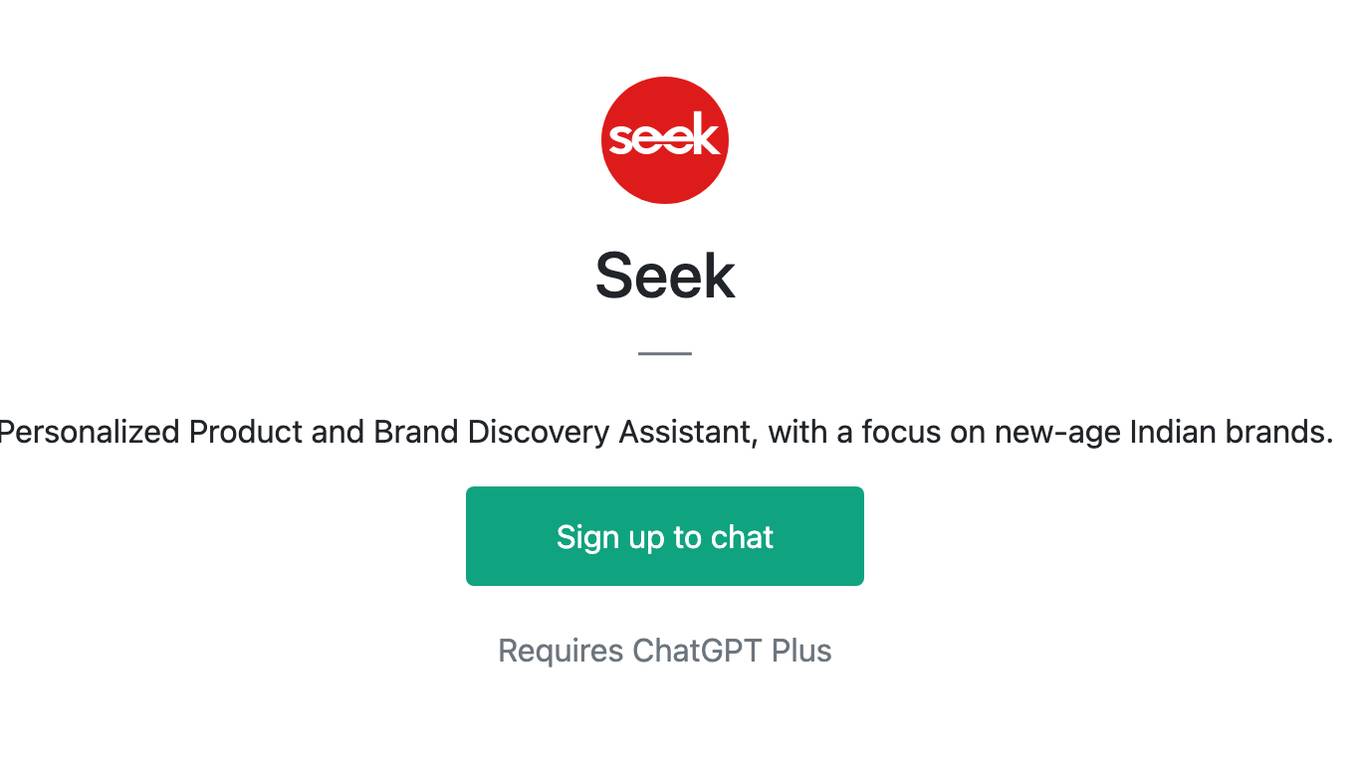
Seek
Personalized Product and Brand Discovery Assistant, with a focus on new-age Indian brands.
